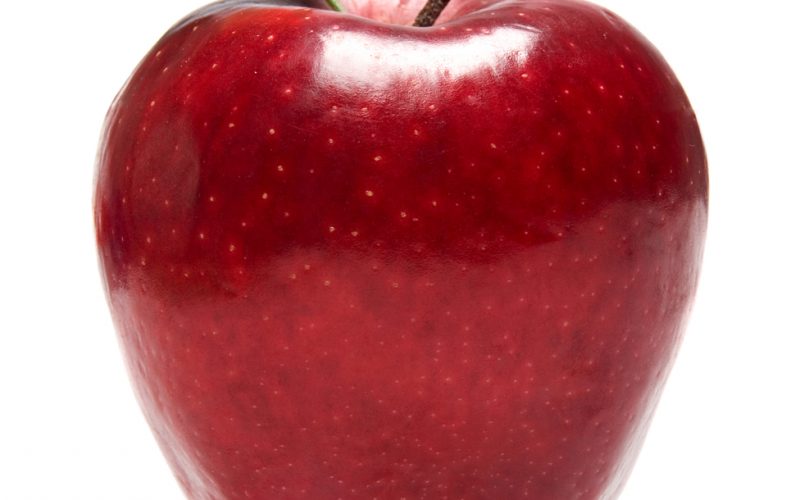It all began when I discovered an apple in my garage refrigerator that had been there since I’d moved in to the house nine months before. That’s right, nine months, and the apple looked just like it did the day I brought it from the store: waxy, red, and full of preservatives and pesticides.
This was a wake-up call and I started to question what I was ignorantly putting into my body. If a fruit or vegetable that I’m consuming has the ability to stay alive, apart from the vine or the earth for nine months, then it is certainly not naturally derived or healthy for our bodies.
As I made the shift into a more local and organic diet, I noticed a change in my attitude and my mood. If you understand food like I do, you see it as your medicine. Eating cleaner, organic food helped me feel happier and more energized for longer.
According to a highly comprehensive study conducted by Washington State University, organic produce has up to 60 percent more antioxidants than non-organic produce. Further, organic produce is 48 percent lower in toxic metals like cadmium than non-organic produce.
So let’s break this down. We’ve all heard about organic produce and many of us try to implement at least some of it into our diets. Wherever we choose to shop, the choice for organic is there, but what does that really mean?
According to the USDA, organic products are foods that contain or were treated without any additional antibiotics, hormones, genetic modifications, radiation, or hazardous pesticides, fungicides or preservatives.
Sounds about right. But there’s another organic food distinction that you may have noticed while shopping. Organic food is typically a little more expensive than non-organic.
The Environmental Working Group (EWG), an organization dedicated to helping consumers eat healthy and reduce their exposure to pesticides in produce, recognized this. Frustrated by the EPA’s failure to inform Americans about risks that accompany consumption of pesticides, the EWG works yearly to test 51 of the most popular fruits and vegetables.
Each year, after compiling data about types and amounts of pesticides, they create a list of the fruits and vegetables with the most and least pesticide exposure. If you’re tight on budget but still want to stay healthy and pesticide free, use this list as a guide.
The “Dirty Dozen” are the foods that you should spend the extra bucks to buy organic. For example, apples, the “dirtiest” of all the produce, were found to contain 56 different types of pesticides per sample. Grapes, also on the list of “dirty dozen” averaged 15 pesticides per grape.
On the flip side, if you’re aiming to save a little money, the foods listed as the “clean fifteen” contain the least amount of pesticides and are ones that you can safely buy “non-organic.” In the “cleanest” food, avocados, pesticides were only detected in one percent of samples. Further, no food on the “clean fifteen” list tested positive for more than four pesticide residues.
While the nutritional value and sustainability of organic is almost always going to trump non-organic or conventional farming, it’s nice to know there’s a way to save a couple dollars and keep your body healthy and fairly pesticide-free.
Don’t see a favorite piece of produce on this list? That means it falls right in the middle and has some pesticides, so probably best to go ahead and find a local or organic option.
Happy shopping!
The “Dirty Dozen”
- Apples
- Strawberries
- Grapes
- Celery
- Peaches
- Spinach
- Bell Peppers
- Nectarines
- Cucumbers
- Cherry Tomatoes
- Snap Peas
- Potatoes
(It is important to note that while leafy greens (lettuce, kale, collard greens) and hot peppers did not officially make the “dirty dozen” list, the EGA clarified that they are also foods to buy organic whenever possible. While the amount and range of pesticides was not high in these foods, the pesticides typically found were some of the most toxic.)
The “Clean Fifteen”
- Avocados
- Fresh corn
- Pineapples
- Cabbage
- Onions
- Asparagus
- Mangoes
- Papayas
- Kiwi
- Eggplant
- Grapefruit
- Cantaloupe
- Cauliflower
- Sweet Potato
- Frozen Sweet Peas




